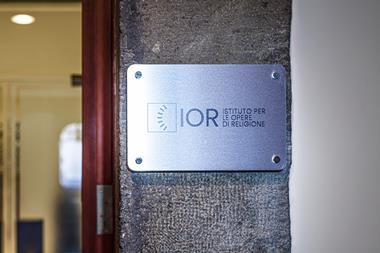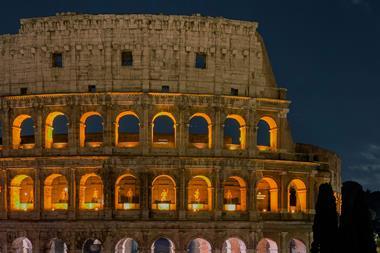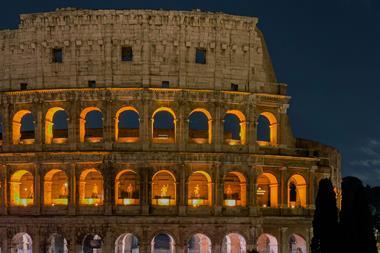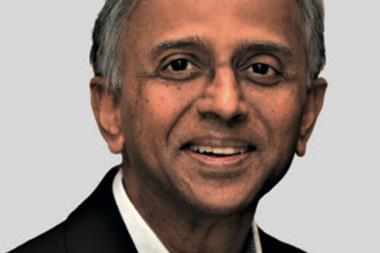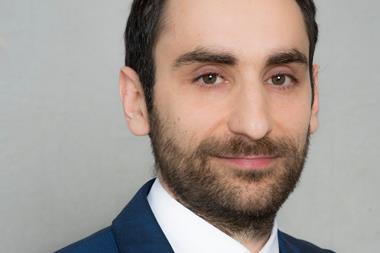The largely anticipated outcome of the Italian election was a strong mandate for the centre-right coalition. This would hardly be a new scenario, were it not for the fact that this time the chosen leader is Giorgia Meloni of Fratelli d’Italia (Brothers of Italy), a right-wing party with historical links with fascism.
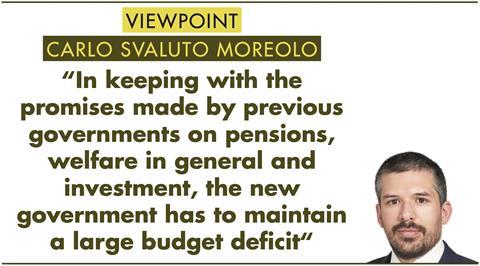
In a strange turn of events, the first woman to ever lead an Italian government is perceived to be the most far-right leader in the history of the republic. She will take power on the eve of 100th anniversary of the establishment of the fascist regime.
Meloni has brought the party into the mainstream and led it to a resounding victory partly thanks to her to promise to defend the so-called Italian national ‘identity’, shaped by values such as the nuclear family and Christianity. She has often used the motto ‘God, fatherland and family’ that was popularised by the fascist regime.
As much as this will make many in Europe recoil, does it mean Italy is about to bring back some form of authoritarian government that should have European citizens worried? That is difficult to predict. Meloni follows a well-known pattern in Italian politics, having won the approval of voters disillusioned with current leaders. Notwithstanding her ability to gather support, it was simply her turn to lead the right.
It should be noted that voter turnout was the lowest in any Italian election and that the coalition earned about the same number of votes as it did at the last election in 2018. Meloni is as likely to crash as other political leaders such as Matteo Renzi and Matteo Salvini did in recent years.
More importantly, Meloni’s agenda does not differ markedly from those of previous centre-right leaders. From the narrow perspective of institutional investors who are concerned with the health of the European economy, Italy’s determined shift to the political right is no great cause for concern.
At her rallies, Meloni has been vocal about defending Italian interests within the European Union, but she has reassured European leaders that she does not aim to break Italy’s ties with the bloc. Other than dealing with the inflation problem, the energy crisis and the impact of the Ukraine war, Meloni’s government will attempt to cut taxes, complete the distribution of Next Generation EU funds and reverse the most recent pension reforms, a concoction of policies.
Unless she was bluffing, investors should indeed be worried about continuity. In keeping with the promises made by previous governments on pensions, welfare in general and investment, the new government has to maintain a large budget deficit.
The Italian economy is engulfed by uncertainty and while inflation has not bitten as hard as in other European countries, the next months will be difficult for families and businesses alike. The country still runs very high levels of public debt to GDP, which makes it vulnerable to speculative attacks.
In the long run, investors should not expect massive change in the country. Nevertheless, they should keep a watchful eye on both political and economic developments. As ever, Italy remains a country that offers more than a few opportunities, characterised by a huge unfulfilled potential and seemingly always a few steps away from disaster, but generally safe from an investment perspective.
Carlo Svaluto Moreolo, Deputy Editor
carlo.svaluto@ipe.com













